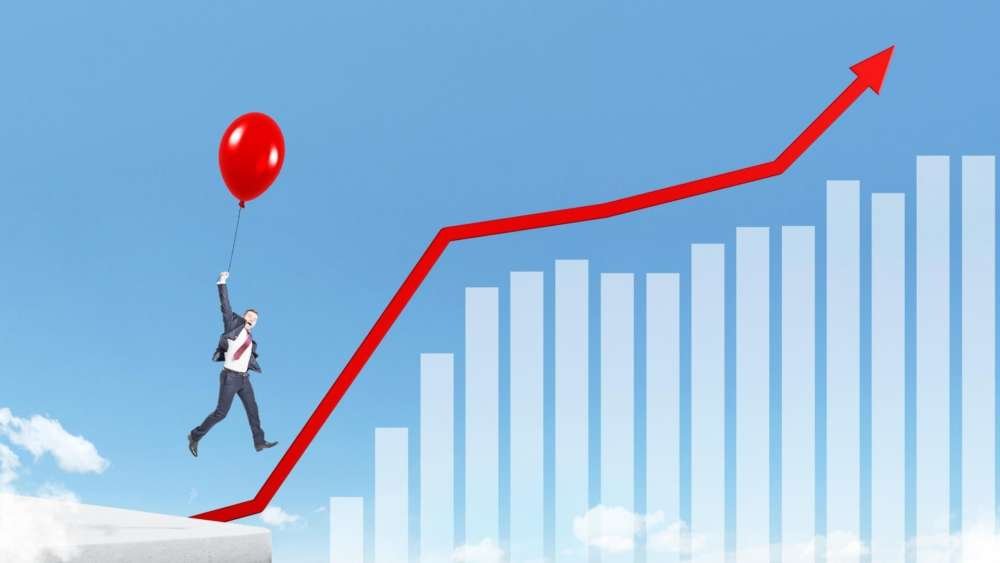Creating Shared Value will drive post-lockdown business growth
Published by linker 5
Posted on July 25, 2020
5 min readLast updated: January 21, 2026

Published by linker 5
Posted on July 25, 2020
5 min readLast updated: January 21, 2026

By Marga Hoek, global thought-leader on sustainable business, international speaker and the author of The Trillion Dollar Shift,
One of the lessons of the COVID-19 pandemic has been the performance of sustainable investments, which proved more resilient and profitable then their non sustainable counterparts.
Time and again research has shown that sustainable products gain market share rapidly – NYU’s Stern’s centre for Sustainable Business for example has just concluded that 50% of CPG growth from 2013 to 2018 came from sustainably-marketed products. It is becoming common practise for frontrunner companies to disclose that most of their growth comes from sustainable brands – Unilever’s sustainable brands, for example, account for 70% of turnover growth. So, sustainable business is good business.
Historically, sustainability was often seen as a side effect rather than a business model and the term still carries that legacy. For a long time, positive societal or environmental impact and positive financial results have been considered two separate things. It has been generally accepted that you could have one or the other, but not both. Creating Shared Value (CSV) is about having both.
Creating Shared Value: doing well by doing good
CSV is the business model that will accelerate the achievement of the Sustainable Development Goals (SDGs). The trailblazing researchers and business strategists Michael Porter and Mark Kramer first introduced Shared Value in an article they wrote for the Harvard Business Review in 2006. They drew a distinction between the common activities related to the well-established model of Corporate Social Responsibility (CSR) and their new business concept of Creating Shared Value (CSV). They explained that “Shared Value is not social responsibility, philanthropy, or sustainability, but a new way for companies to achieve economic success.”
Since its introduction in 2006, CSV has been adopted by a wide spectrum of companies and industries around the world and is currently a business-driven, sustainable model pervading global business and capital. The Shared Value model supports a positive impact for society, environment, finance, and for all parties involved. It is characterized by the principle: Doing well and doing good are not mutually exclusive – meaning financial success does not need to come at the expense of society or the environment.
Similarly, creating a positive impact on society and the environment does not need to come at the expense of profit. Financial, societal and environmental benefits can be achieved simultaneously. In this regard, Shared Value is the ideal business model to support the realization of the SDGs in solving the world’s societal and environmental problems.
Shared Value and the SDGs
Creating shared value implies a paradigm shift for business. In the past, companies thought about their products and services and considered how they could do less harm with them. A shared value approach instead takes the world’s challenges as a starting point and from there defines what new markets are unlocked and which of those match the competencies and needs of the company and its current – and potential – clients and markets. Looked at in this way, the SDGs become new and fast-growing market opportunities.

Marga Hoek
Getting business to understand that this is about new markets, new business opportunities, and new business models — instead of charity or the mandate of the development agencies, the government, and the NGOs – is a fundamental, empowering shift in mindset.
CSV in practice
With a vocal millennial customer base heavily engaged with sustainability, Adidas has had to develop many shared value initiatives. It has partnered with Grameen Bank, a micro-finance organization for example, to manufacture low-cost shoes for people living in poverty in Bangladesh. Via the partnership Adidas can provide affordable footwear, which prevents people from getting illnesses like hookworm and other parasitic illness. As the shoes are manufactured in developing countries, the initiative also creates local job opportunities.
Pharmaceutical innovator Novo Nordisk has also been ramping up its CSV approach. Working with local communities in China on diabetes prevention initiatives, the company has trained more than 55,000 physicians while also growing its insulin market share in the country from zero to 59 percent with revenues reaching USD 1.28 billion in 2013. Both of these examples work towards realizing ‘Good Health and Well-Being’ (SDG 3). They are achieving positive social benefits, financial profit, and SDG impact simultaneously.
Unilever, meanwhile, is scaling up business for good at a high pace as they focus on their sustainable brands, which are outperforming and outgrowing their non-sustainable peers. Unilever estimates a $966 billion opportunity for brands that make their sustainability credentials clear. Bottom line and positive societal impact go hand in hand.
CSV means good business
With its focus on the Sustainable Development Goals as a starting point for spotting business opportunity, the CSV model helps save the world whilst at the same time generating financial profitability. This is the sustainable business model for the future.
Explore more articles in the Business category











